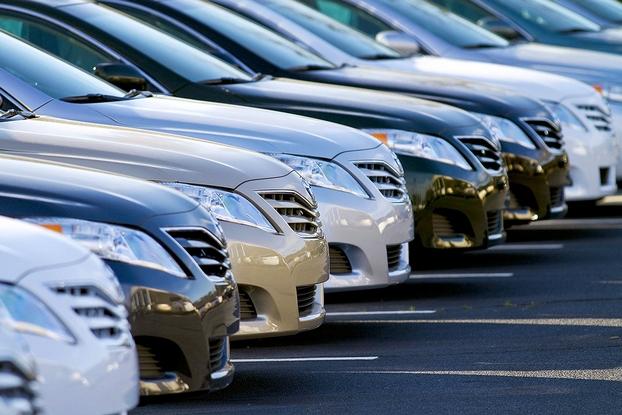Wednesday, 04/03/2026 | 15:59 GMT+7
THE DEPARTMENT of Energy (DoE) is to form a technical working group composed of industry participants that will look into setting minimum energy performance standards for cars and light duty vehicles.
“We would like to transform the market by introducing this labeling program,” said Artemio P. Habitan, head of DoE’s energy efficiency and conservation division, during last week’s public consultation involving a draft department circular on energy efficiency.
The department has invited representatives from car associations, environmental groups as well as government agencies such as the Department of Environment and Natural Resources, Department of Trade and Industry and Department of Transportation and Communications to be part of the panel.

The circular, which the department plans to issue by March, aims to reduce the amount of energy needed to provide products and services. Energy efficiency is expected to sustain the country’s economic growth while ensuring energy security.
Mr. Habitan said the department has listed several targets for the transport sector to achieve by 2030, including providing financial incentives for vehicles that meet performance standards. He also said that it was exploring the possibility of expanding the circular’s coverage beyond road transportation.
For cars, the circular will cover those with four cylinders and below, an engine displacement of at least 1,000 cubic centimeters (cc), fueled by gasoline or diesel whether having manual or automatic transmission. The same goes for light duty vehicles, but at a higher engine displacement category of 2,000 cc and above.
Industry participants who attended the consultation have so far agreed to adopt the international test cycles for emissions and fuel economy set by the United Nations Economic Commission for Europe. The consensus would align the country with globally harmonized regulations on vehicles.
Among the requirements being considered is an “energy label” to be given by a credible laboratory that will test a vehicle before it is released to the market. The department will validate the label based on the submitted test report, which should disclose, among others, the carbon dioxide (CO2) emission value.
The department will also require vehicle manufacturers, importers and dealers to allow its staff to conduct market monitoring in their local showroom to verify the energy label.
“The monitoring schedule for each showroom shall be done at least once a year,” the draft circular said.
The test result is valid for only two years, requiring customers to submit a new test report and apply for revalidation before the expiration date.
On fuel economy -- the relationship between the distance traveled by a vehicle and the amount of fuel
“The more stars means it is more energy efficient,” the Energy department said in an annex to the draft circular.
Business World







